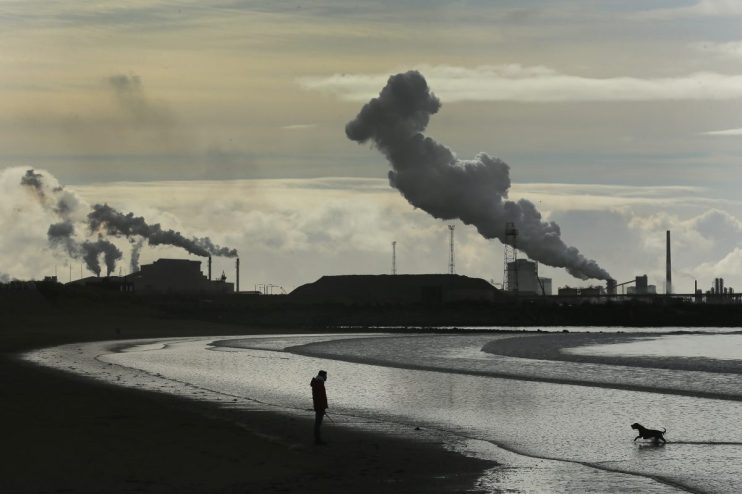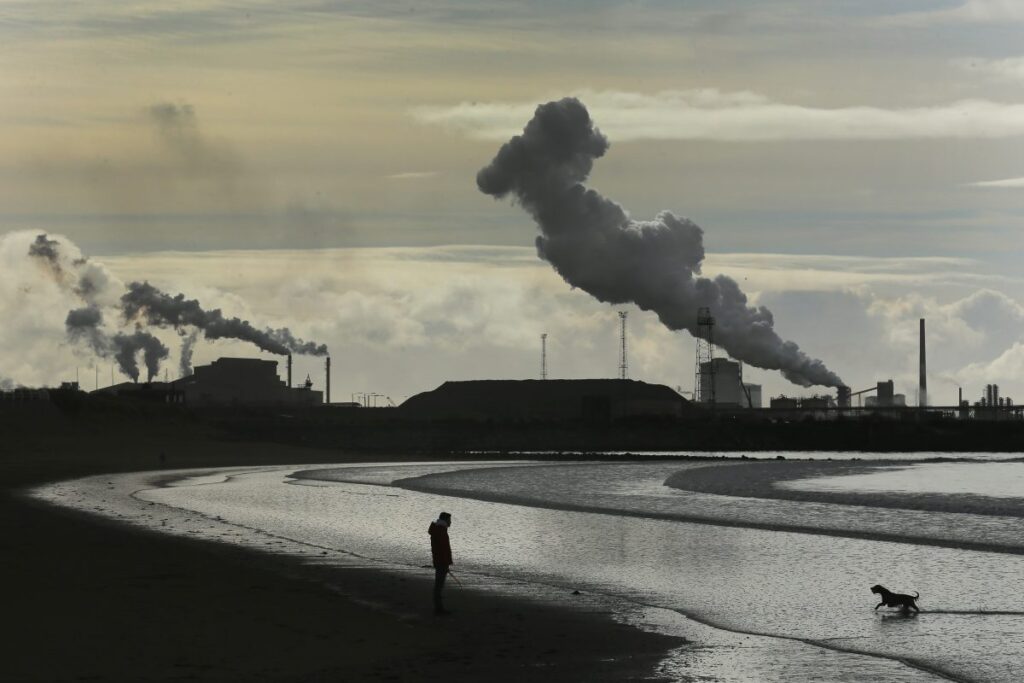| Updated:

The Business Secretary accused British Steel’s Chinese owners of attempting to “unilaterally” close down its Scunthorpe blast furnaces as MPs began debating emergency legislation to save the plant.
Jonathan Reynolds told MPs that developments over recent days had made Saturday’s extraordinary sitting of Parliament necessary as Jingye rejected the Government’s offer of support and took steps to end steel production at Scunthorpe.
He said: “Doing nothing is not an option.
“We could not, will not and never will stand idly by while heat seeps from the UK’s remaining blast furnaces without any planning, any due process or any respect for the consequences.
“And that is why I needed colleagues here today.”
MPs gathered in Westminster on Saturday after being unexpectedly recalled from recess – the first Saturday recall since the Falklands War in 1982 – to debate emergency legislation intended to save the Scunthorpe plant.
The Steel Industry (Special Measures) Bill gives the government the power to instruct steel companies in England to keep facilities open, with criminal penalties for executives if they fail to comply.
Ministers said these measures were necessary to keep the Scunthorpe blast furnaces open and protect both the UK’s primary steelmaking capacity and the 3,500 jobs involved.
But Conservatives said the government should have acted sooner, with shadow leader of the House Alex Burghart accusing ministers of making “a total pig’s breakfast of this whole arrangement” as they sought “far-reaching powers not seen in legislation really in the past 40 years”.
Opening his speech presenting the Bill, Reynolds said the government had made a “substantial” offer of support to Jingye, which bought British Steel in 2020, but that offer had been rejected.
That offer would have seen the government buy the raw materials needed to keep making steel “that would have ensured no losses whatsoever for Jingye” in maintaining the furnaces.
But that offer was rejected, with Jingye making a counter offer that involved the government paying the company “hundreds of millions of pounds” with no conditions to stop the money being transferred to China and no agreement to keep the blast furnaces “maintained and in good working order”.
Reynolds said: “Despite our offer to Jingye being substantial, they wanted much more. Frankly, an excessive amount. We did however remain committed to negotiation.
“But over the last few days, it became clear that the intention of Jingye was to refuse to purchase sufficient raw material to keep the blast furnaces running, in fact, their intention was to cancel and refuse to pay for existing orders.
“The company would therefore have irrevocably and unilaterally closed down primary steel making at British Steel.”
Reynolds said the emergency legislation was a “proportionate and necessary step”, adding he wanted it to be a “temporary position” with the powers not lasting “any minute longer than is necessary”.
Saturday’s emergency legislation stops short of full nationalisation of British Steel, and ministers remain hopeful that they can secure private investment to save the plant.
But speaking to the BBC, industry minister Sarah Jones conceded there were currently no companies willing to make an offer, while in the Commons Reynolds acknowledged that public ownership was “the likely option”.
Jones also insisted there would be “no extra cost to the Exchequer” as a result of the Government’s actions, with costs being met from a £2.5 billion steel fund announced at last year’s budget.
By Christopher McKeon, Richard Wheeler, Will Durrant and Harry Taylor, PA Political Staff



